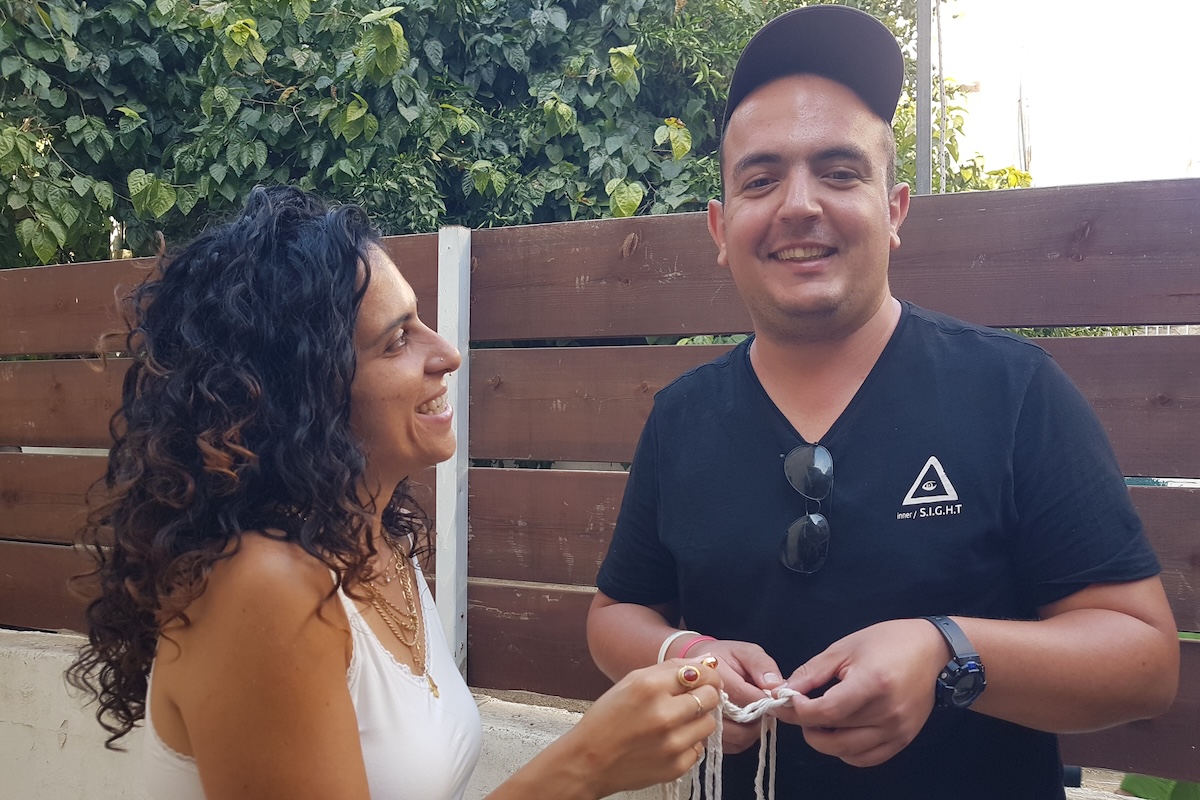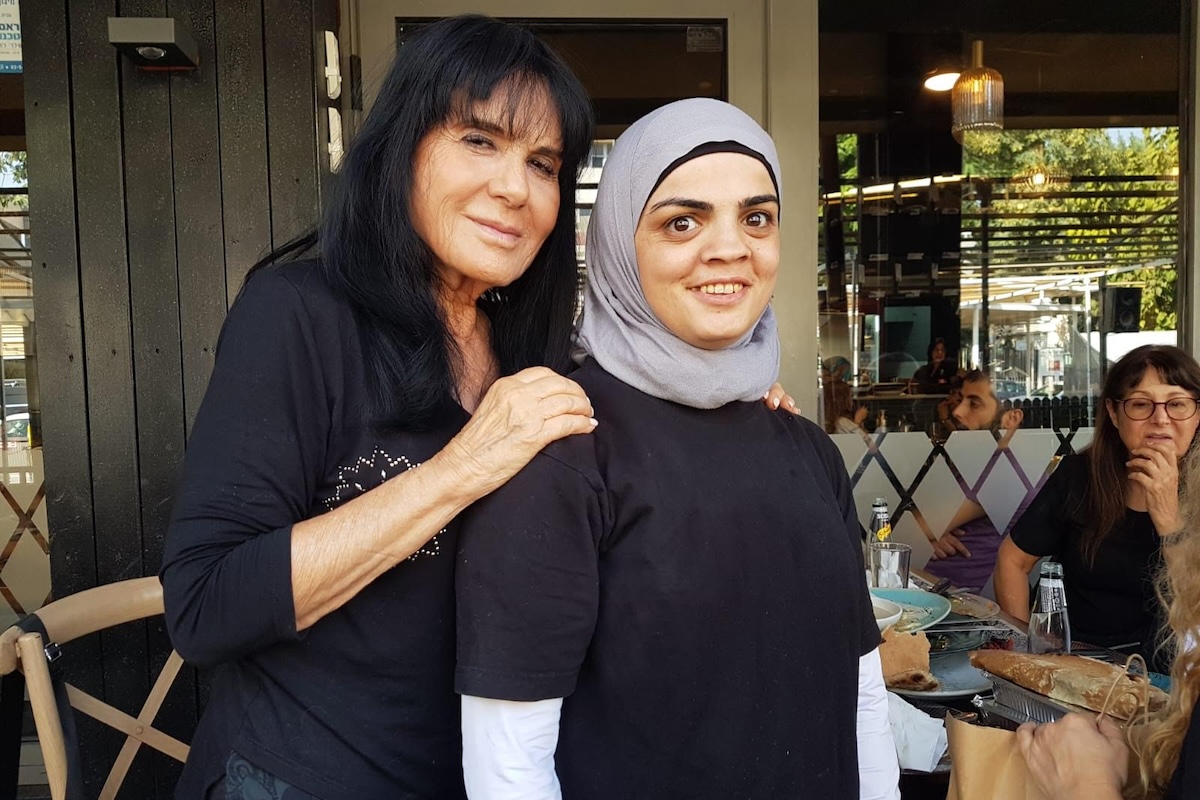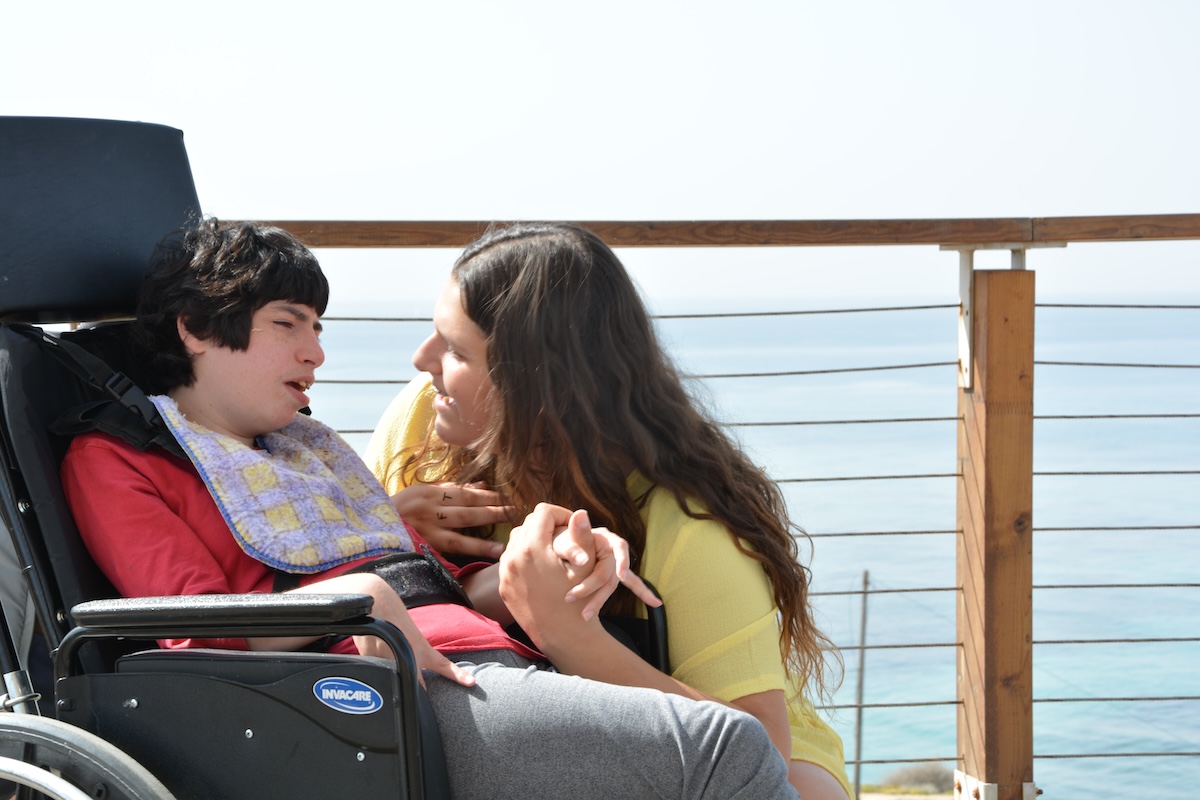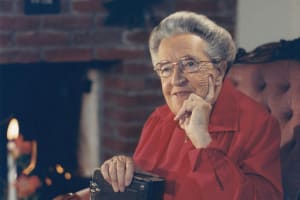Israeli non-profit intensifies emergency efforts to support people with disabilities amid war
SHEKEL serves around 8,000 people with disabilities from all backgrounds throughout Israel, including religious and secular Jews, Muslims and Christians

In times of war and national emergency, people with disabilities are always among the most vulnerable sectors of the community, but often slip under the radar. In addition to being physically vulnerable, they are susceptible to debilitating fear, anxiety and trauma. Ensuring their physical safety and mental health can be a challenging undertaking.
While Israel has been battling a multi-front war with Hamas in the south and Hezbollah in the north over the past 14 months, children and adults with disabilities, and their families, have been significantly impacted throughout the land.
Many are grieving the loss of loved ones who were called to serve in the IDF but died in battle, while others have family members who are experiencing PTSD from the war, further complicating their efforts to assist their loved ones and creating an even more pronounced need for support. Some are living in areas directly under fire and are facing the trauma of war themselves.
When the war began on Oct. 7, 2023, these vulnerable children and adults with disabilities were in critical need of intensive care and assistance to ensure their safety and well-being. An organization called "SHEKEL" (Hebrew acronym for Inclusion for People with Disabilities), founded in 1979 in Jerusalem, began operating in full emergency mode, reaching out to assist thousands of people with disabilities in situations of distress throughout the country.

History of SHEKEL
For more than 30 years, SHEKEL was led by Clara Feldman, the only child of two Holocaust survivors, who knew the incredible value of life after her parents survived Auschwitz, and later immigrated to Israel with her. Through her work at SHEKEL, Ms. Feldman sought to honor the precious life she had been given and provide for the most vulnerable ones around her. Under her leadership spanning over three decades, SHEKEL implemented a broad new vision to include people with every type and level of disability in all aspects of life in the general community.
Today, SHEKEL is under the leadership of CEO Offer Dahari and serves around 8,000 people with disabilities from all backgrounds throughout Israel, including religious and secular Jews, Muslims and Christians. The Shekel team of 800 staff members and 500 volunteers serves clients with all levels of intellectual and developmental disabilities, as well as sensory and physical disabilities, including people on the autism spectrum and people with severe multiple disabilities requiring nursing care.
SHEKEL's activity headquarters is located in Jerusalem, but the organization has branches throughout Israel, including Tel Aviv, Petah Tikva, Haifa, Ramat Gan, Shoham, the Sharon region, Modi'in, Rehovot, Kvutzat Yavneh, Ein Tzurim, Kfar Shmuel and other localities.
SHEKEL not only provides services for those with intellectual and developmental disabilities, helping them to grow and flourish as valued members of the community, but they also give them the chance to live their lives as part of the general community, outside the limiting walls of institutions.
Believing that inclusion begins at home, SHEKEL pioneered a broad range of housing models, comprised of 170 housing units within the general community, throughout Israel. These include apartments in cities as well as unique homes nestled in Israel's famed kibbutz farming communities, where SHEKEL residents are quickly embraced by the community, becoming an inclusive part of kibbutz life and work.

SHEKEL fought hard to open Israel's first apartments for people with severe multiple disabilities who are mostly non-verbal and non-mobile, in the belief that they too deserve to benefit from an intimate home environment, surrounded by neighbors and the stimulus of the general community. Dahari personally developed much of SHEKEL's diverse housing program before serving as CEO.
"Creating a housing unit is really about creating a family for life, that means putting together a home where residents have similar abilities and cultural and religious backgrounds,” Dahari said. “In order for them to become a vital part of the surrounding community, it is important to make sure they are within easy reach of their families, relevant cultural or religious institutions, and community resources such as shops, public transport, and recreational facilities.”
The Impact of the War
The morning of Oct. 7, 2023 – and the days following dramatically impacted the SHEKEL organization and staff – a significant portion of which were immediately called up to reserve duty, most of them posted on the front lines. In addition to concerns about their personal safety, SHEKEL also suffered immediate staff shortages at a time of major emergency when more workers were needed to ensure the safety of every SHEKEL participant.
In the apartments for people with severe disabilities, where the residents are in wheelchairs and mostly non-verbal, a ratio of one staff per resident was needed in order to quickly move all residents into ‘safe areas’ during sirens. This and the need for additional staff in all areas and programs created considerable logistic and financial strain at a time when resources were scarce.
Tragically, several staff members and SHEKEL participants have also lost loved ones. In the first few days of the war, the organization’s Jerusalem occupational therapist lost her son who fell in battle, while others have since lost husbands and siblings.
In addition, on the evening of October 7th, SHEKEL learned that Gabriella Lemberg, their much-loved director of a farm-based SHEKEL center, had been kidnapped to Gaza from Kibbutz Nir Yitzchak, along with her only daughter, brother, sister, and brother-in-law. Thankfully, she and her daughter and sister were released 55 days later. Her brother and brother-in-law were later brought out of Gaza in a daring Israeli rescue operation.
One of SHEKEL’s unique housing units on Kibbutz Alumim in the Gaza perimeter opened six years ago to serve as a life-long home for a group of young women with disabilities. The women’s home was greatly impacted by the trauma of October 7th when life as they knew it came to an abrupt halt and kibbutz Alumim was brutally attacked by Hamas terrorists. All kibbutz members, some of whom are from impoverished families, were immediately evacuated from their homes.

How SHEKEL is Responding to the Crisis
Immediately upon the outbreak of war, SHEKEL’s therapeutic centers reached out to those in need by launching a nationwide emergency hotline for children and adults with disabilities, including guidance for their families, and both short- and long-term therapeutic assistance to victims of war, as well as evacuees with disabilities.
Now, thirteen months later, Shekel continues to see a new surge of requests for emergency therapeutic assistance as children and adults with disabilities, who were not previously noticed, are developing major signs of PTSD.
In addition, many of SHEKEL’s clients are deeply distressed evacuees whose lives have been shattered, as well as young adults and children from the Gaza perimeter who experienced the tragic events last October first-hand. Some were locked up in safe rooms as Hamas terrorists surrounded them, and some were eyewitnesses to barbaric atrocities and lost close family members.
During the ongoing war, SHEKEL has also reached out to respond to the dire immediate daily needs of evacuees with disabilities, many of whom were wrenched from supportive communities and familiar daily routines at a moment's notice, under traumatic circumstances. For people with intellectual and developmental disabilities, familiar routines and surroundings are crucial and even the smallest changes can trigger overwhelming distress. SHEKEL has reached out to provide warm caring environments and personalized programs for evacuees with disabilities at SHEKEL facilities throughout the country, allowing them to rebuild their lives in comforting and supportive surroundings.
Aviv’s Story
One evacuee, Aviv, a 27-year-old on the autism spectrum from northern Israel described his frightening ordeal, remembering the smell of rocket fire that penetrated his home at the beginning of the war. When Aviv and his mother were forced to evacuate their home, Aviv was immediately impacted by the shock.
"Within 24 hours we were evacuated to a hotel in Jerusalem,” said Aviv. “I found myself in dismay in a daunting new place with no friends and no activity." He described how one day he walked through a public park and broke down. “I just sat down and started to cry.”
Inbar, a SHEKEL staff member, reached out to him, and things began to turn around. She introduced him to a variety of SHEKEL extra-curricular activities and began to teach him graphics which he immediately connected to. He soon joined SHEKEL's 'Hechven' (direction), a unique program that prepares young people with disabilities for work in the general community. Expressing how the program has helped him, Aviv said, "I feel Hechven has challenged me. I have discovered personal strengths I never knew I had, and I have grown in so many ways. I feel a sense of belonging and confidence."
SHEKEL’s Integrative Work in the Community
In addition to housing and vocational programs, SHEKEL offers a number of cultural and enrichment courses and has forged partnerships with leading cultural institutions, including a blossoming partnership with Israel's premier music academy, The Jerusalem Academy of Music and Dance. This has led to the formation of "The Israel Integrative Orchestra," an inspiring 40-member inclusive orchestra, where academy students and people with disabilities, rehearse and perform together in Israel's vibrant music scene.
A wide range of employment and vocational rehabilitation programs is also offered through SHEKEL, including a one-of-a-kind program in partnership with Israel's high-tech giant "Mobileye,” that integrates people on the autism spectrum into Israel's high-tech business sector. This involves a novel training model developed by SHEKEL, together with ongoing specialized support. As a result, people with ASD, who had never previously been able to hold down jobs of any kind, are now earning an independent living, with dignity, in technical positions.
At the other end of the spectrum, SHEKEL has pioneered unique farm-based day centers for people with profound autism, many of whom are non-verbal. Through the centers' outdoor vocationally orientated activity with animals and agriculture, people with autism who often have an aversion to closed-in spaces can connect to nature as well as the world around them. Other SHEKEL Day Centers were specially developed to serve aging people with disabilities and people with very low functional abilities.
SHEKEL’s Ongoing Needs
Right now, SHEKEL is in urgent need of funding to continue its critical therapeutic assistance for evacuees and victims of war throughout the country.
SHEKEL is also seeking funding to build a new home on Kibbutz Masuot Yitzchak, for its vulnerable housing residents from kibbutz Alumim which was attacked by terrorists on Oct. 7. Kibbutz Masuot Yitzchak, located near Ashkelon, is known as a warm embracing kibbutz and has now reached out to the young women out of deep concern for their welfare. Funding is now needed to launch the project.
This year, during the holiday season, residents and staff from diverse religious backgrounds will celebrate the light of Hannukah and Christmas at the same time, as Jewish and Arab professionals, people with disabilities, and their family members come together through the unique and important work of the SHEKEL organization.
If you’d like to learn more about SHEKEL or donate to help with their needs, visit their website.
-(1).jpg)
Avigayil Rivkah is a writer and speaker on the Jewish roots of the Christian faith, Jewish culture and Israel news. She is a Jewish believer in Jesus and writes at ajoyfuljewishjourney.com
You might also like to read this:














